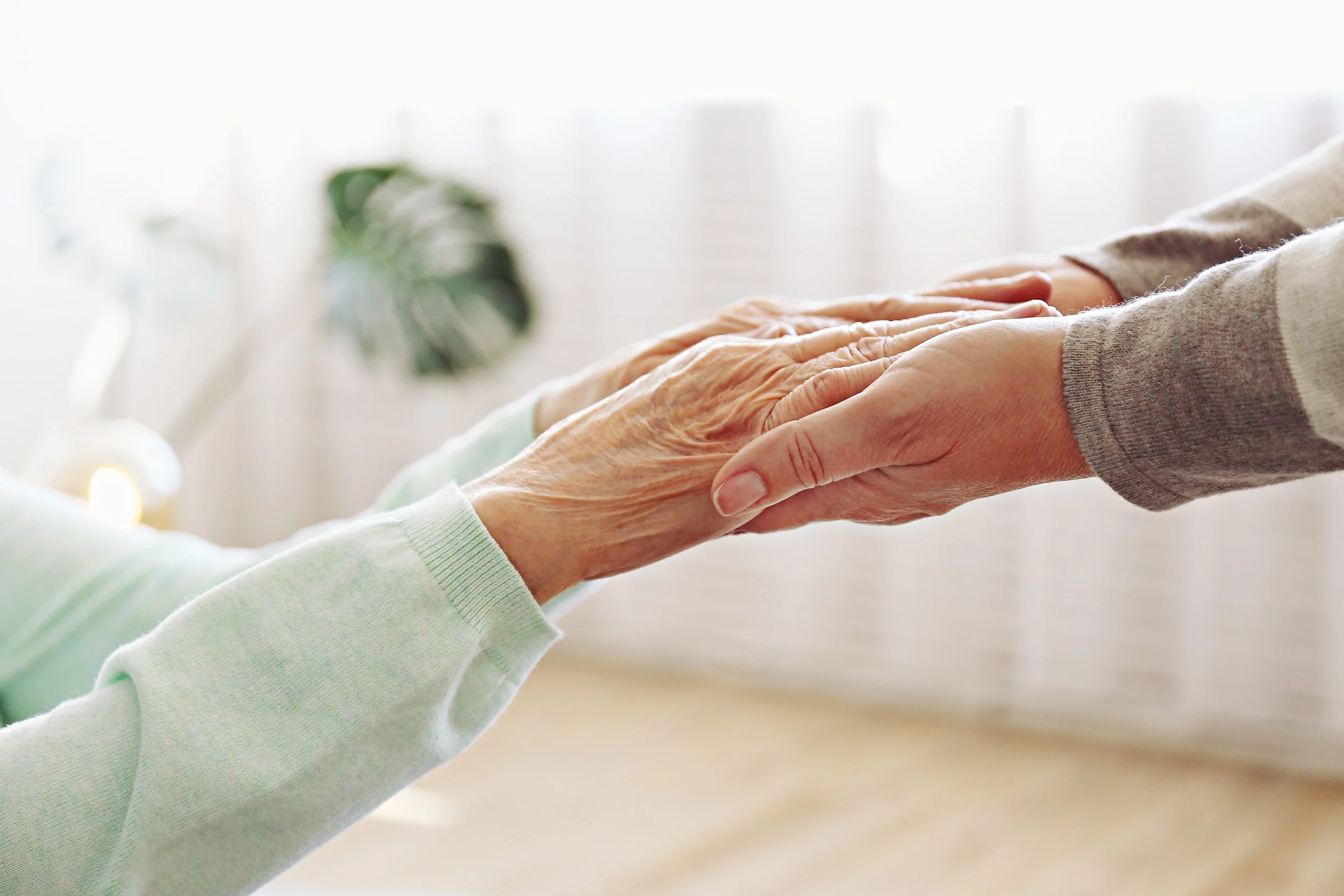I was watching the Netflix Dear White People series recently. Actually, I binged all four seasons in two days. Without giving anything away, the last season involved a lot of 90s music, including the New Radicals Song, Get What You Give. Oddly enough, it struck a chord about caregiving.
I, as so many of us are, am a part of the “sandwich generation”. At some point we will find ourselves caring for both our children and our parents. But my sandwich looks a little different. My care giving overlapped with my care getting when I was young. It was lopsided then, and I didn’t think about it as caregiving then, but it definitely drove how I approached my mom’s cancer diagnosis, and how I felt when the opportunity arose to even the score.
I have spoken in this space about how my mom was the one to pull me out of the aftermath of meningitis, primarily in the form of paralysis rehab. She told me years later that she had decided that if three years passed with no progress, then she would let it go, but until then she was going to push me and push my clinical team to get me back to mobility. And she did. She hauled me to physical therapy every day for six months, and to occupational therapy for slightly fewer appointments. She made sure I did the exercises at home, and she hauled that ancient, adult-sized wheelchair around in the trunk of a Pontiac, even chipped a tooth doing it. In the end, it only took half of her timeline. I can say with a fairly high level of confidence that I would not be here without what she did, or at least my life would look very different.
And then there was the diabetes. That care took the opposite tack. The most important thing she did for me was that, when she realized that I was pushing back against all efforts to help me while I was deep in the throes of my winter of discontent (six years of non-compliance), she backed off and took my father with her. She made herself watch as I floated down to rock bottom and made sure I knew she would be there when it was time to claw my way out. She took me to Boston for my first laser eye surgery for retinopathy, which was six days after diagnosis. She sat with me while I dealt with undiagnosed peripheral neuropathy, which should never have gone diagnosed because, other than how young I was, it was obvious what it was. She never once said I told you so. She spent a month in my tiny college town after I had had a couple of bad prescription reactions, over 750 miles from home, and still managed to give me space to be a college student.
My mom Crohn’s Disease was a severe case. There were regular full and partial blockages in her intestines that often came with severe pain and hospital stays. There were four bowel resections, including one that had to happen at the Mayo Clinic several states away. There were controlled substance pain meds, constant steroids, and what were then experimental treatments. Sometimes it went into remission, but never for long.
From the time I was about ten -- after the meningitis and before the diabetes -- I started helping her with her medications, getting them when she was too tired, mixing that one with the awful smell (Questran) in orange juice so it was palatable, and at some point, memorizing all her dosages. I made meals when she couldn’t leave her bedroom and I spent as much time with her as I could when she was in the hospital down the street – no, really, it was four blocks away -- just keeping her company. I never thought of it as caregiving. It was my family’s normal.
By the time cancer came to call, I was old enough to understand the value of what she had done for me. Her terminal diagnosis came really at the best time possible, just as I was graduating from college. I didn’t have school anymore and I didn’t have a job. I could take the time I wanted and live on savings. This was a lot more than I did for the Crohn’s – shorter, but more involved emotionally and physically. I was finishing my senior year during much of the diagnosis phase, but when she started treatment, I went to almost all the appointments and sat with her during chemo. When things started deteriorating to the point where she couldn’t perform basic bodily functions by herself, neither one of us wanted anyone else but me to be the one to help. When she went to hospice, I stayed in the room with her. I answered honestly when she asked if she was dying and agreed to pull the plug if it came to that. I was there when she took her last breath. Before 7 a.m. because she was always a morning person.
I never did say ‘thank you’. I didn’t have to. She knew how much I loved her and appreciated what she had done for me. I know she knew because as the end of her life approached, she wrote a bunch of letters to her nearest and dearest, everyone except me. Because what was left to say?
I was lucky that I could take the time to care for her as she was dying. Anything else would have saddled me with regret for the rest of my life. It was important that I give what I got.

